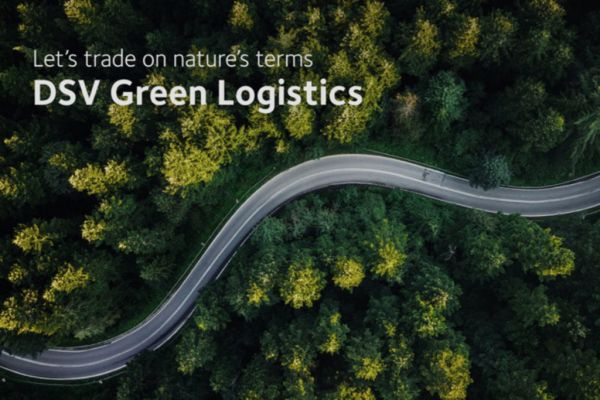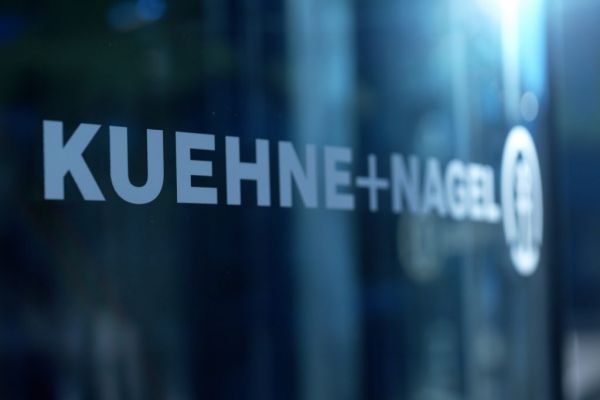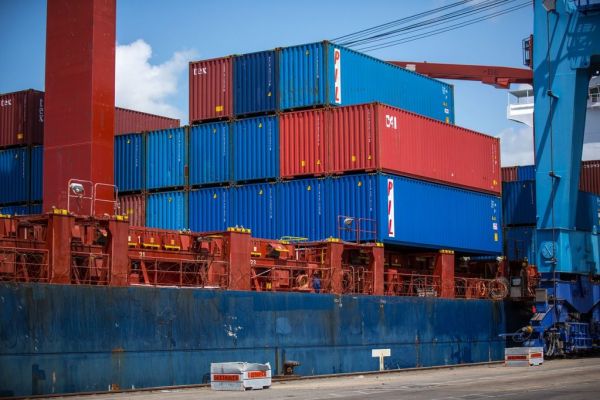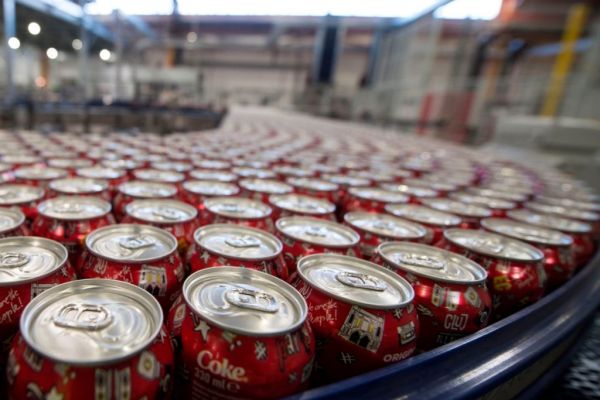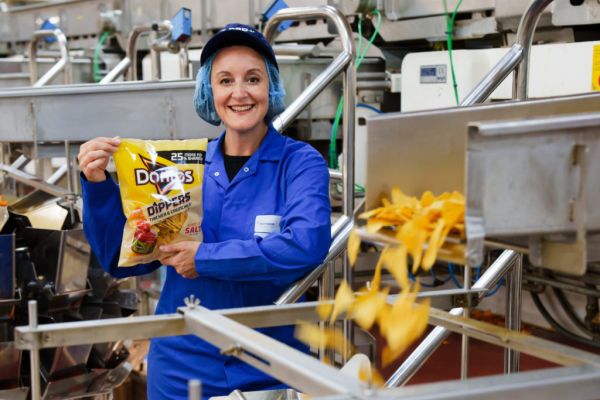Danish freight forwarder DSV is launching services to enable customers to track their supply-chain emissions and pinpoint the potential for cuts, the company has announced.
The global freight industry is currently on track to see its greenhouse gas emissions rise by around a fifth by 2050, with demand more than doubling over the next three decades, according to the OECD's International Transport Forum.
Large companies are increasingly asking for help to cut their emissions when moving goods globally, DSV said.
Optimised Supply Chain
"We have always optimised our customers' supply chain with regards to, for example, how many inventories they hold," its Chief Executive Jens Bjorn Andersen told Reuters. "We can now design this with CO2 reduction as the target."
DSV's new services include programmes to track CO2 emissions and optimise supply chains to cut these, as well as access to sustainable fuels and carbon offsetting.
"There is big demand from our customers, so it is also a competitive parameter," Andersen said, declining to specify how the new services would be priced.
With some 20,000 long-haul trucks on European roads every day and million of warehouse square metres across the globe, DSV handles everything from pallets of turf to resurface football pitches to entire supply-chains for multinational companies.
Tackling Road Emissions
A key challenge will be bringing down road emissions, which make up some 65% of total freight emissions.
While electric trucks would work for shorter distances, green hydrogen - a fuel obtained by passing renewably produced electricity through water to split the element from oxygen - would be the solution for long-haul, Andersen said.
"Five years ago this was far-fetched, but now it's available within a couple of years," he said, adding he expected the first test drives of hydrogen trucks within two years.
Last year truckmakers including Daimler, Man , Volvo, Ford and Scania, a unit of Volkswagen AG's commercial vehicle arm Traton SE , pledged to stop sales of conventional diesel trucks by 2040.
In October, DSV commented that it believed the current supply chain challenges facing the industry were likely to persist for some time.
News by Reuters, edited by ESM. For more Supply Chain News, click here. Click subscribe to sign up to ESM: European Supermarket Magazine.
